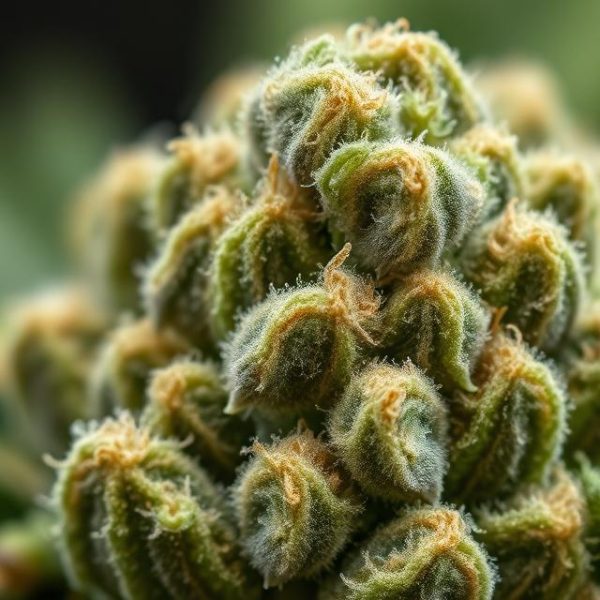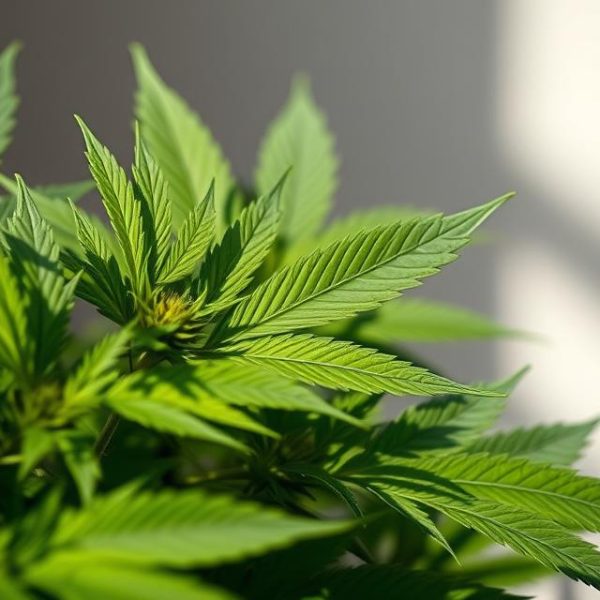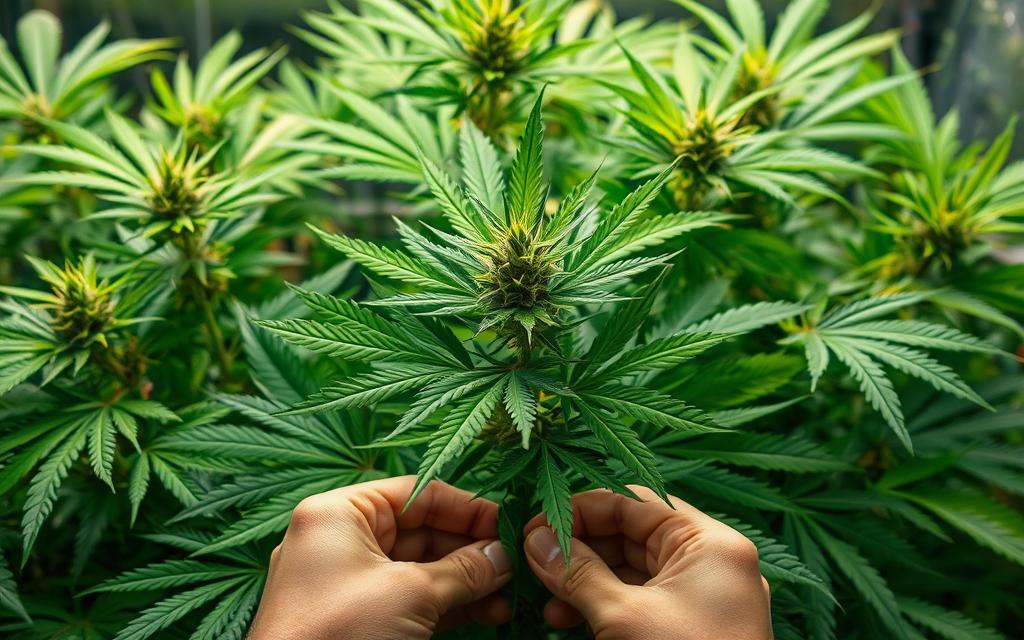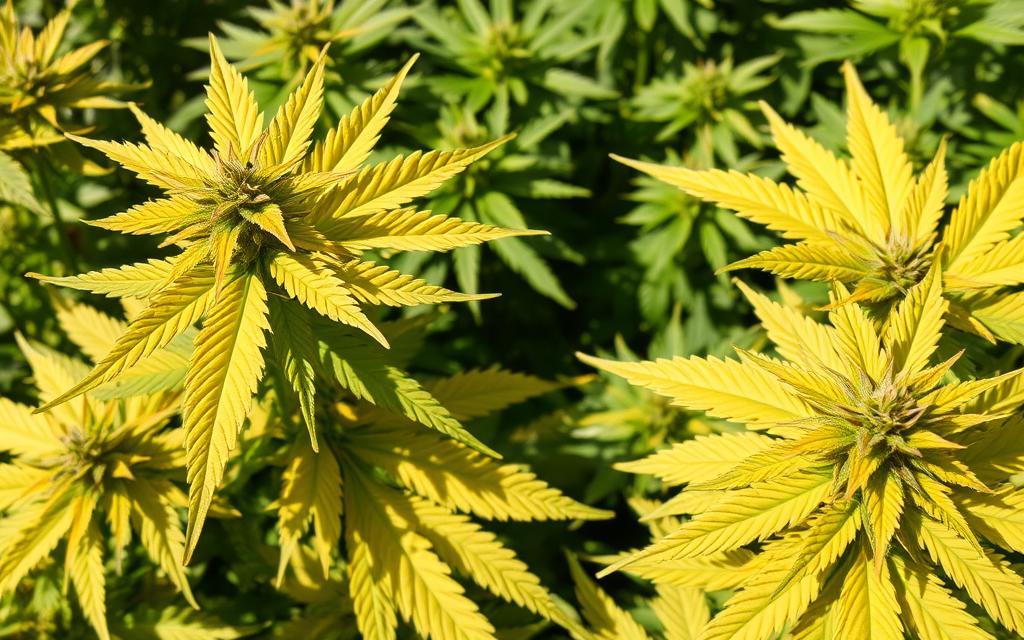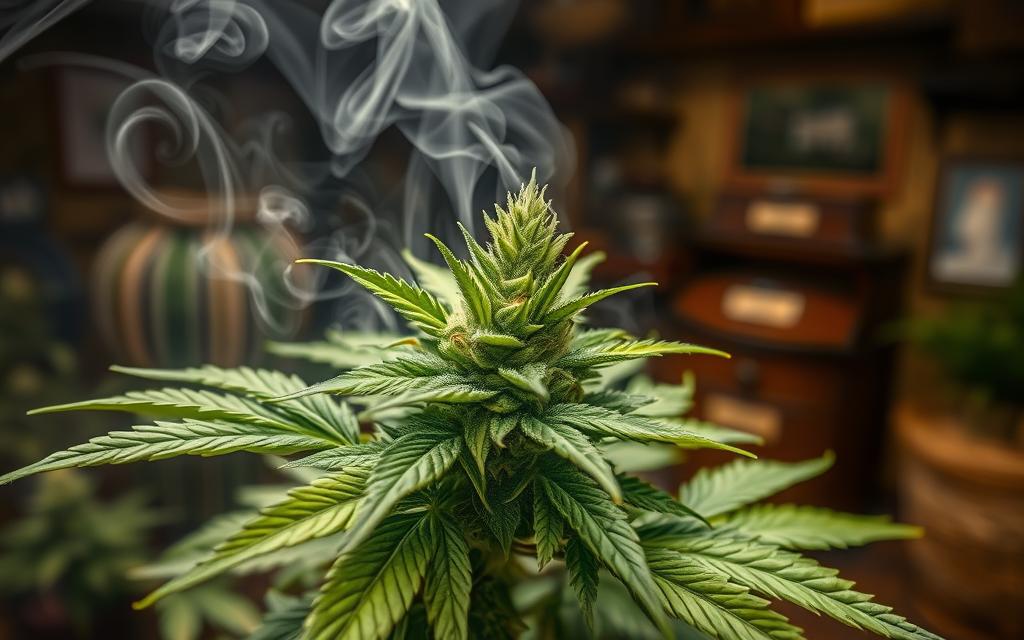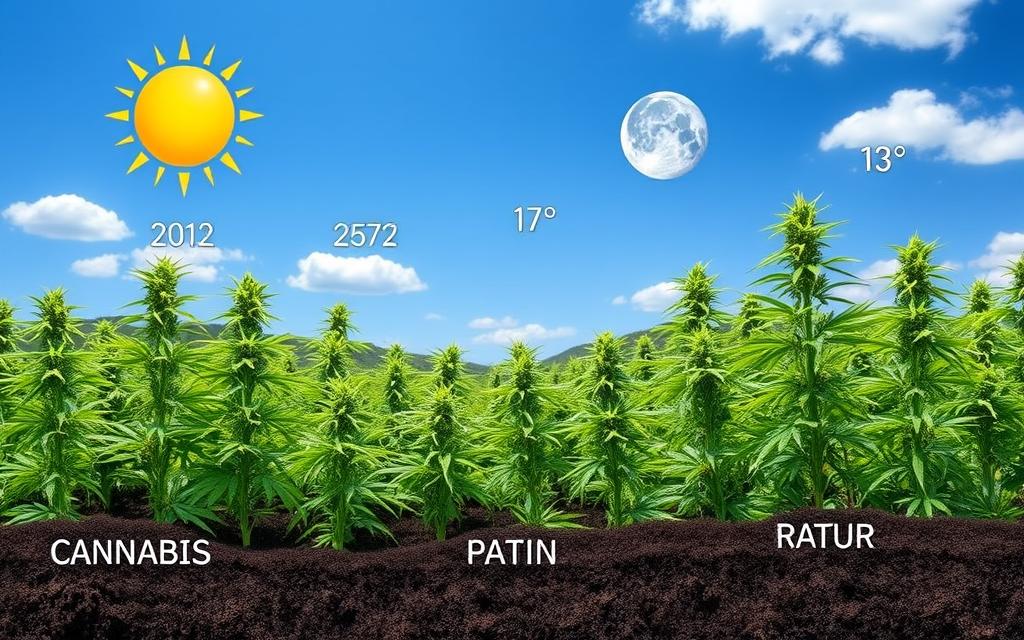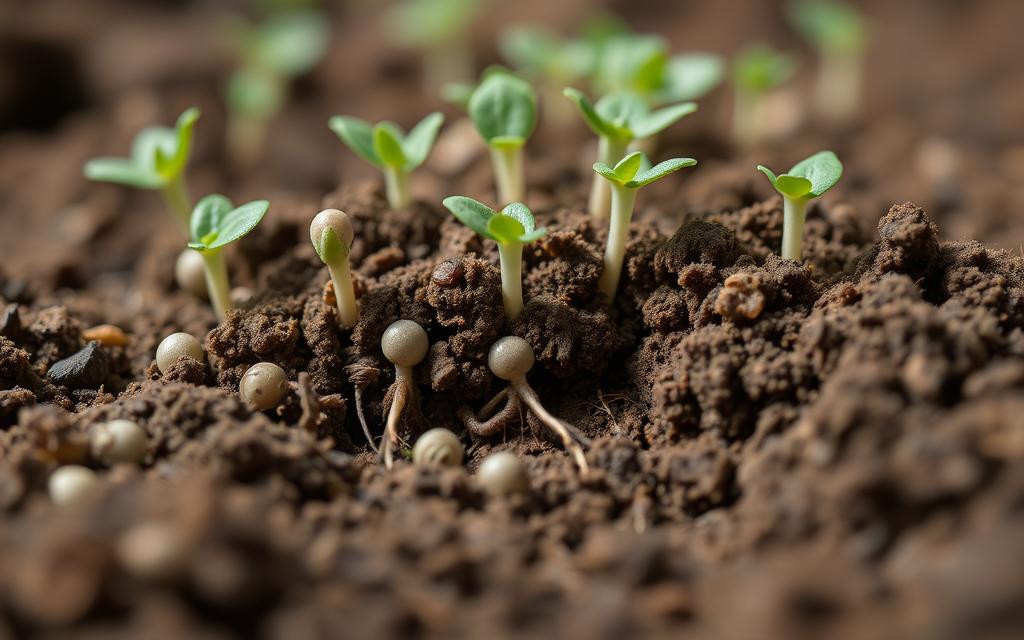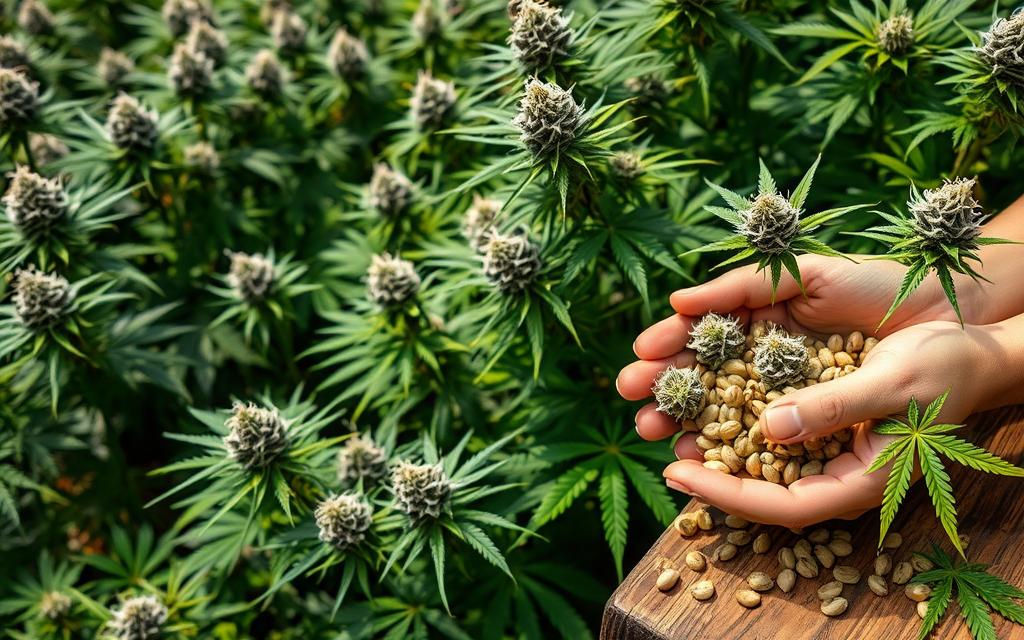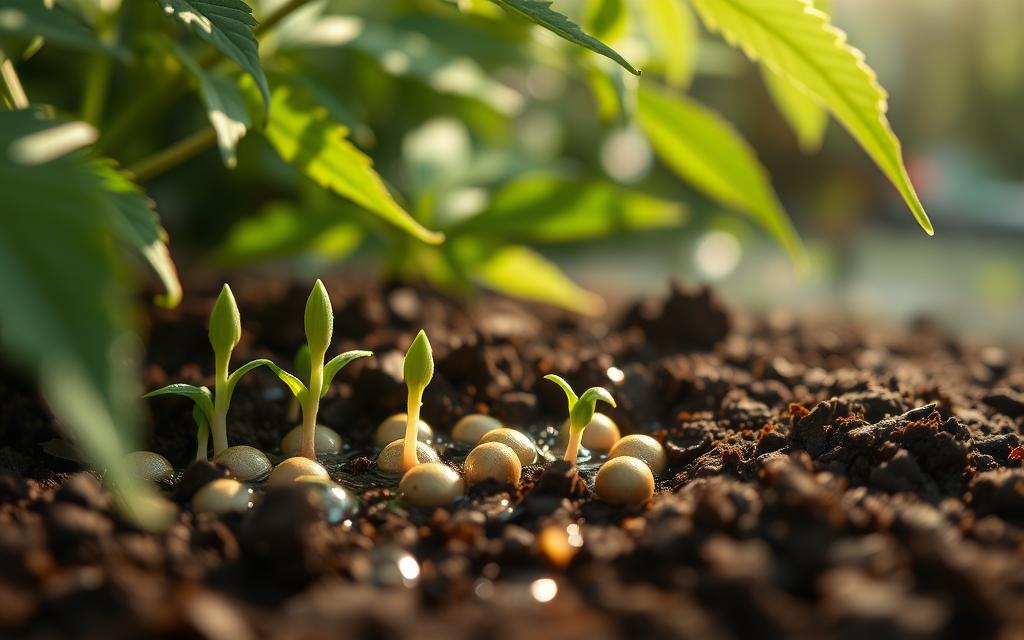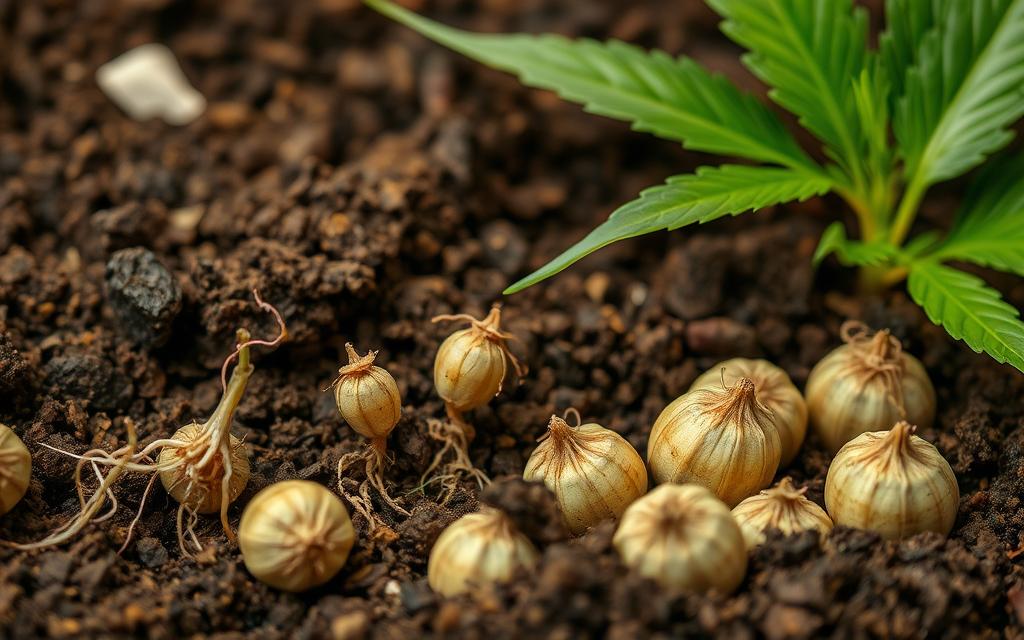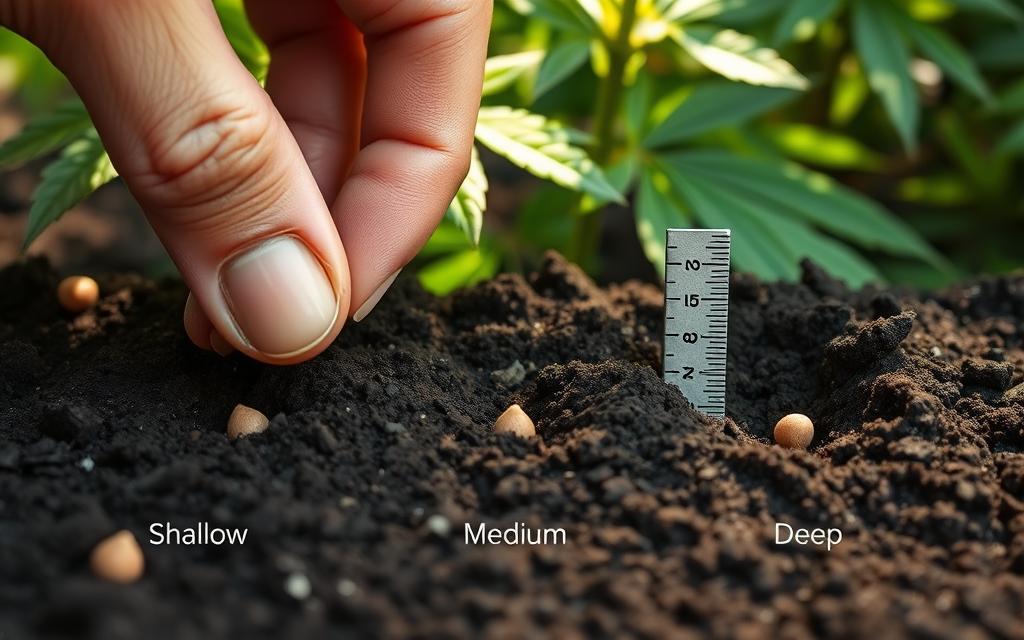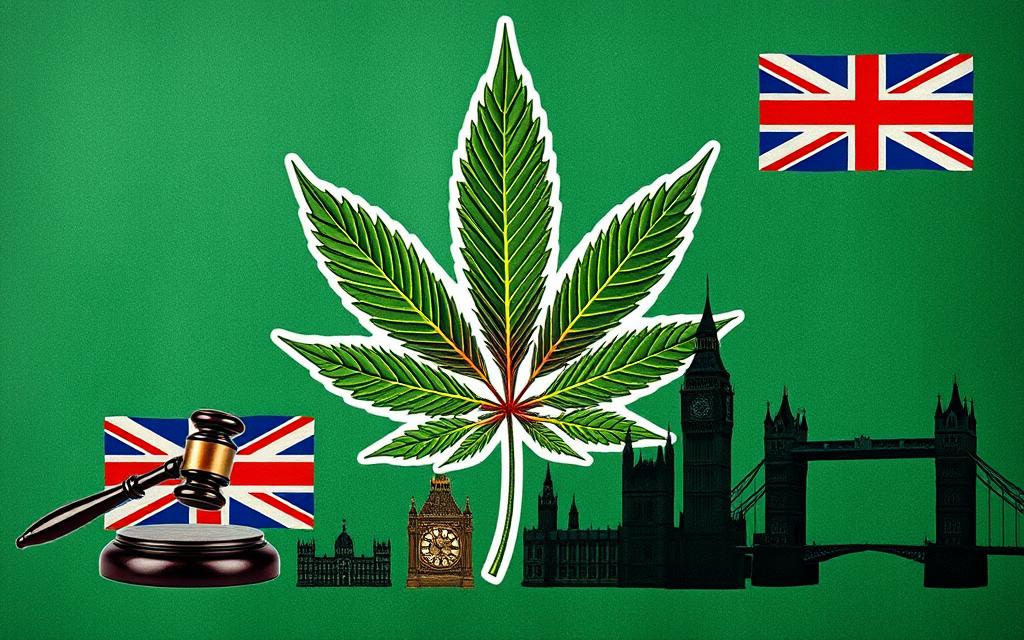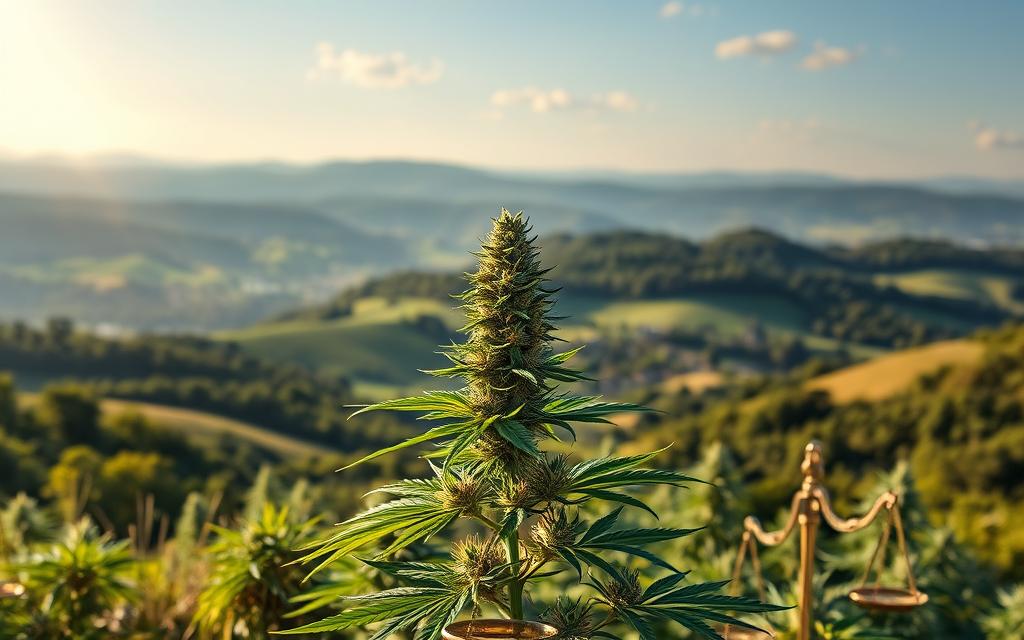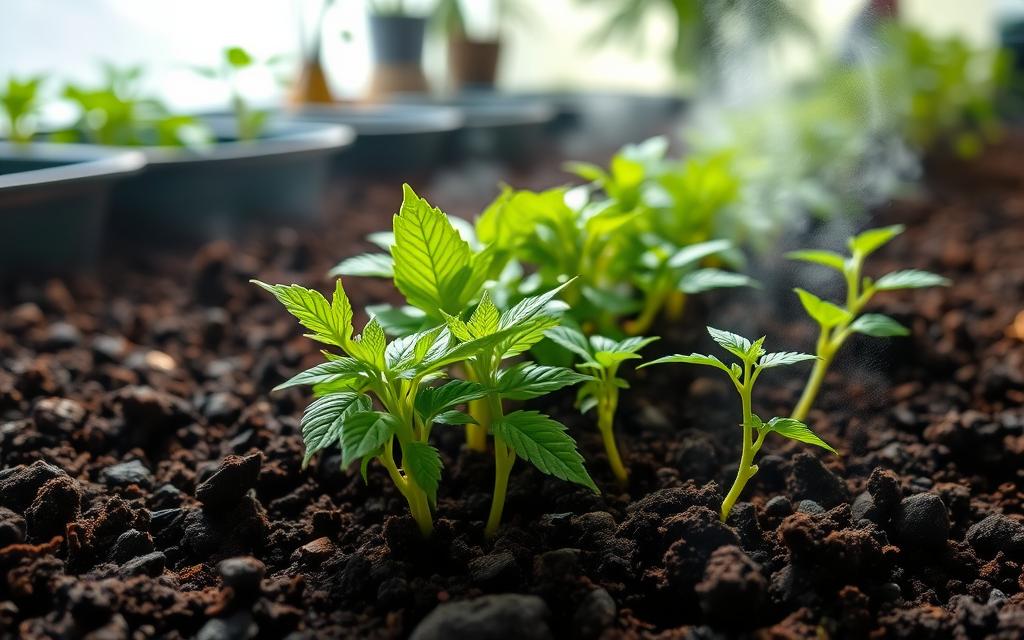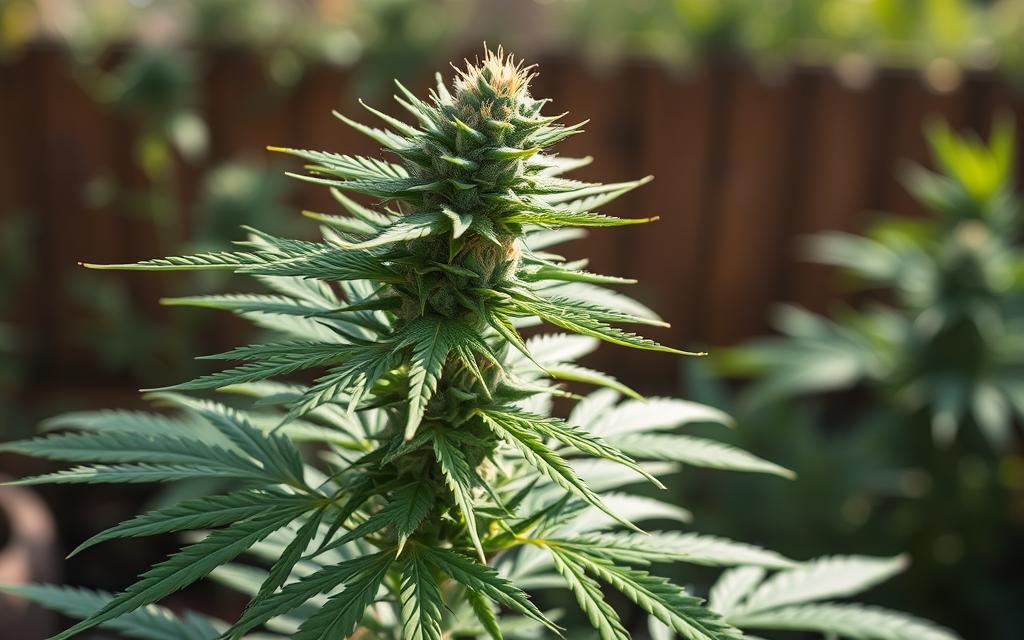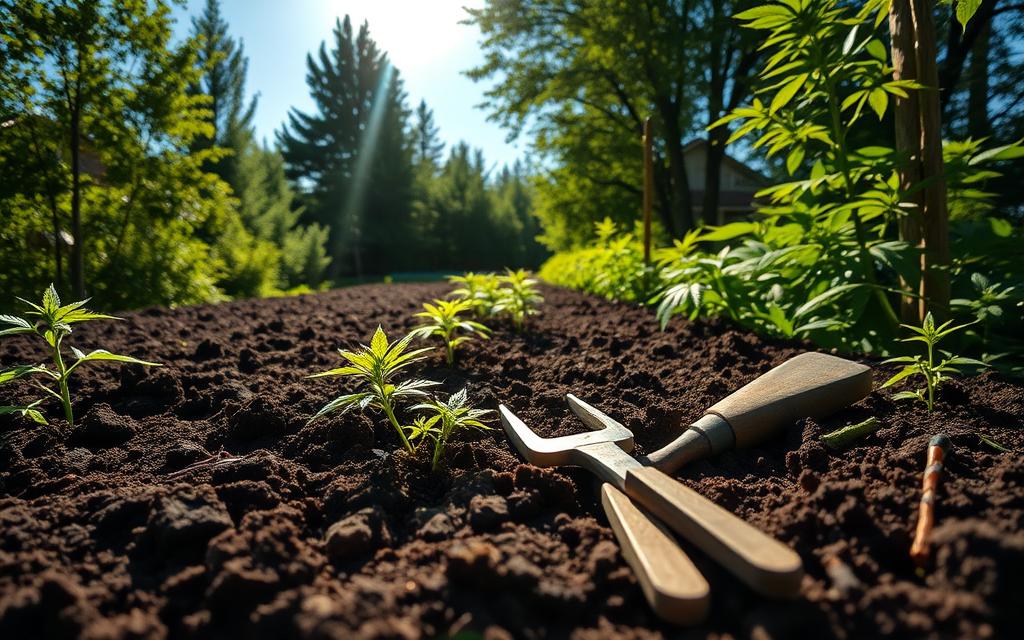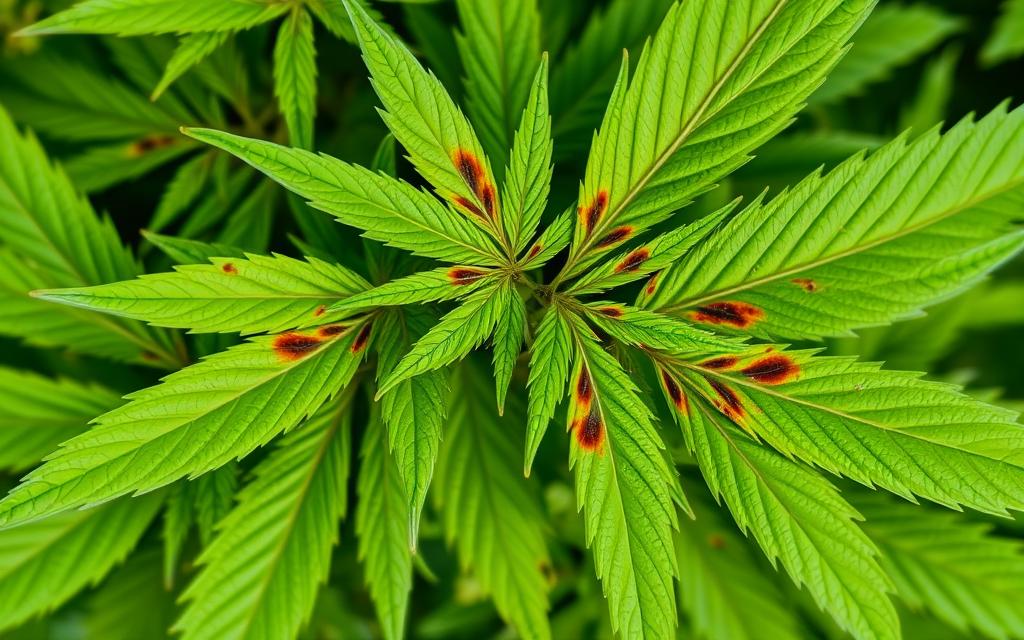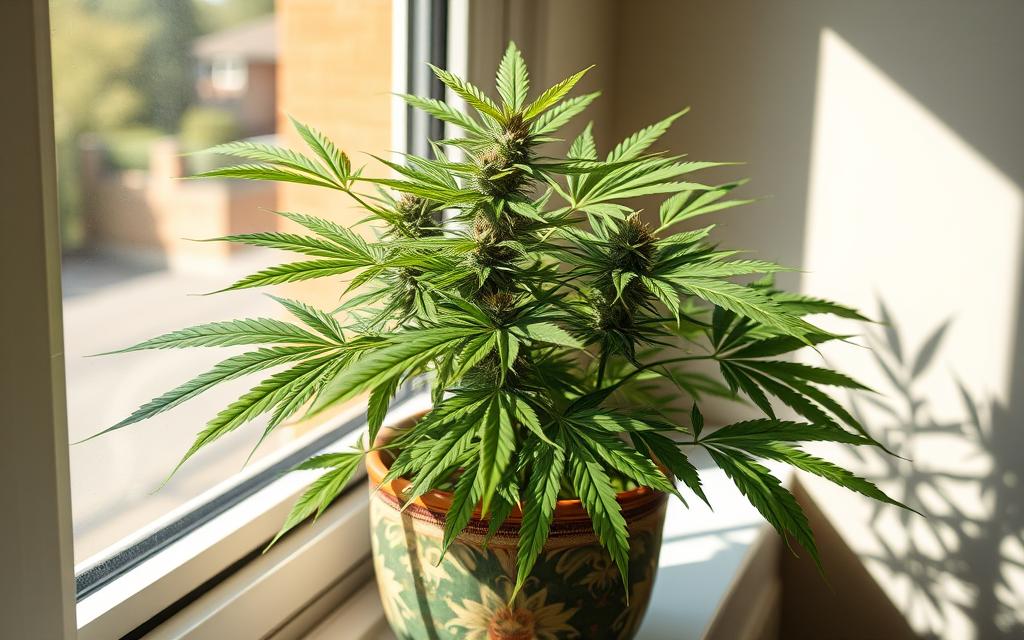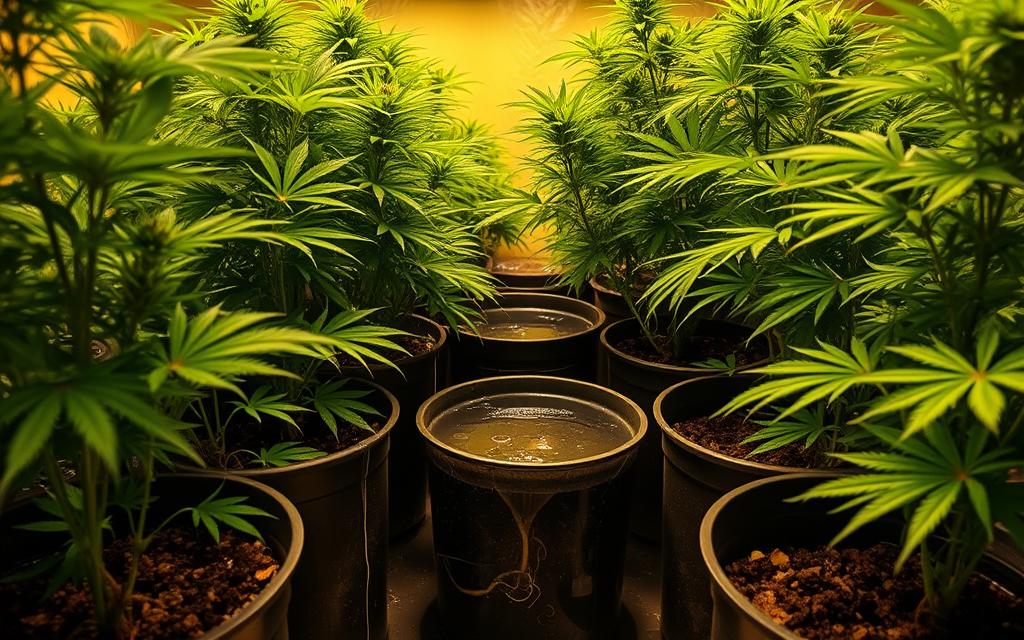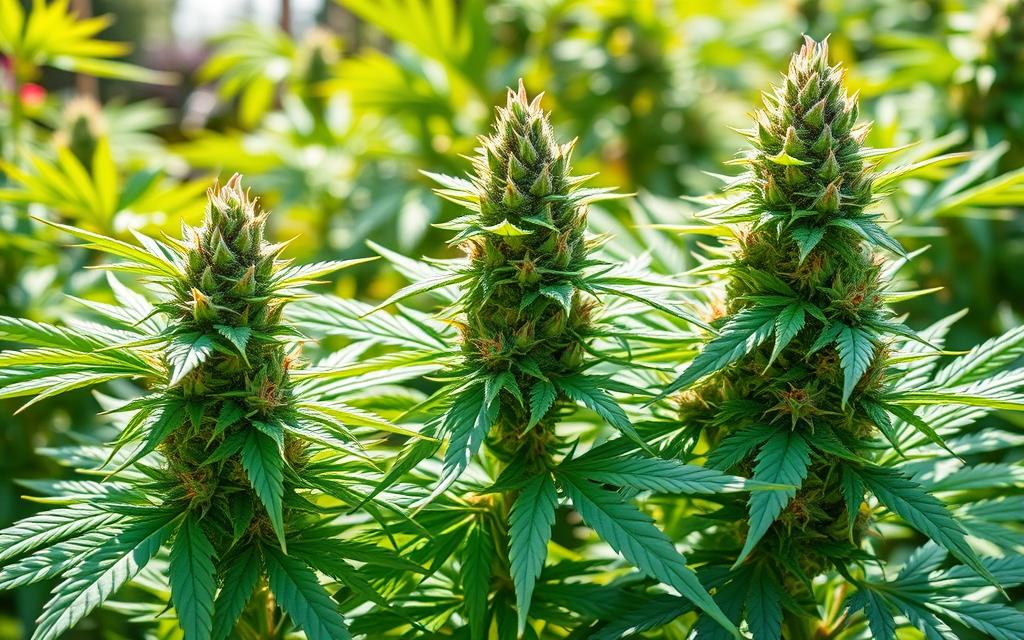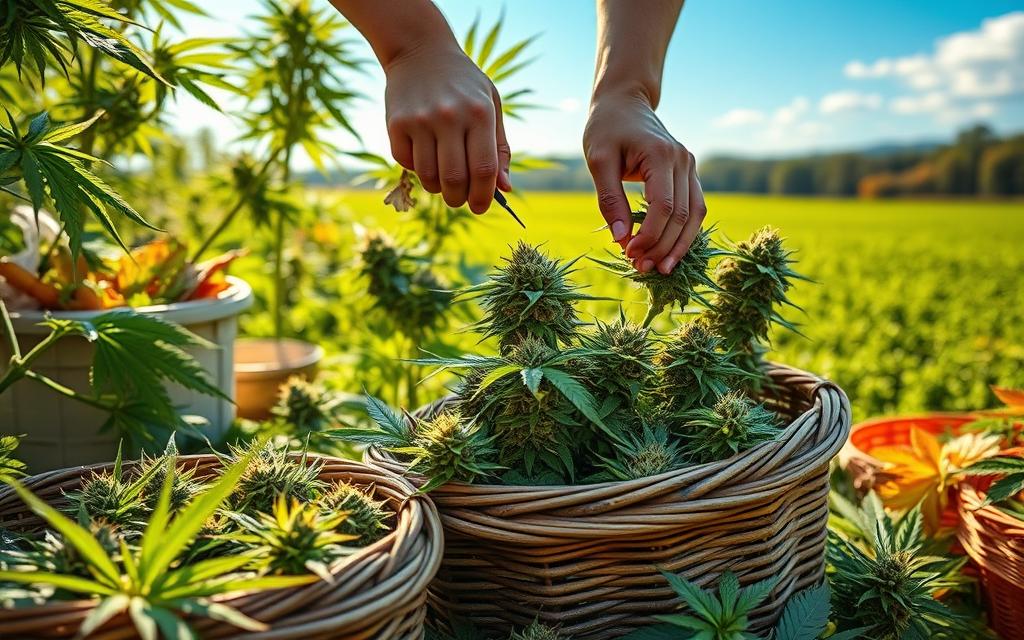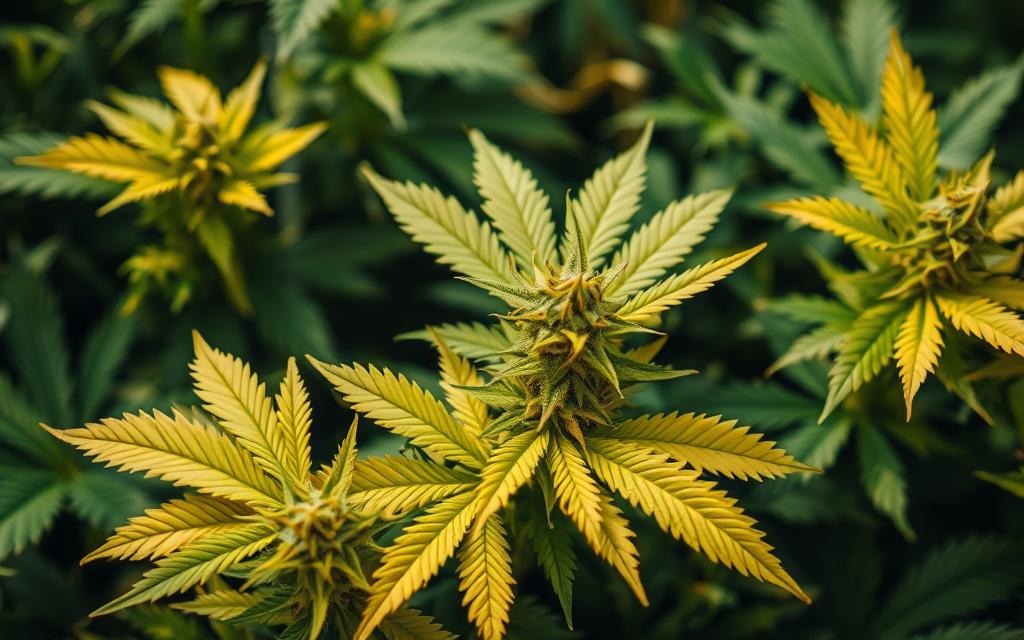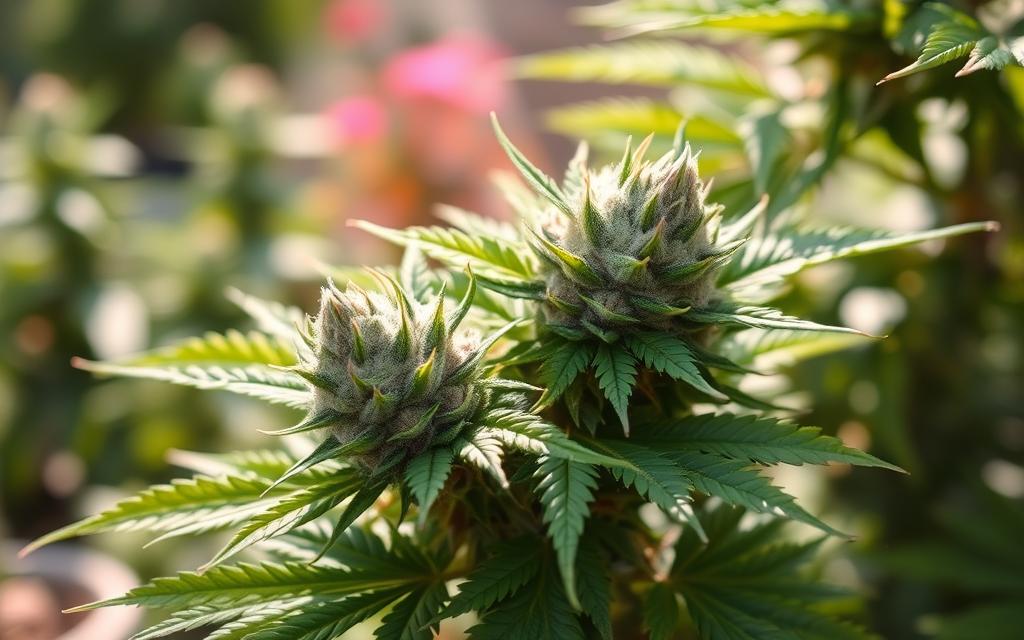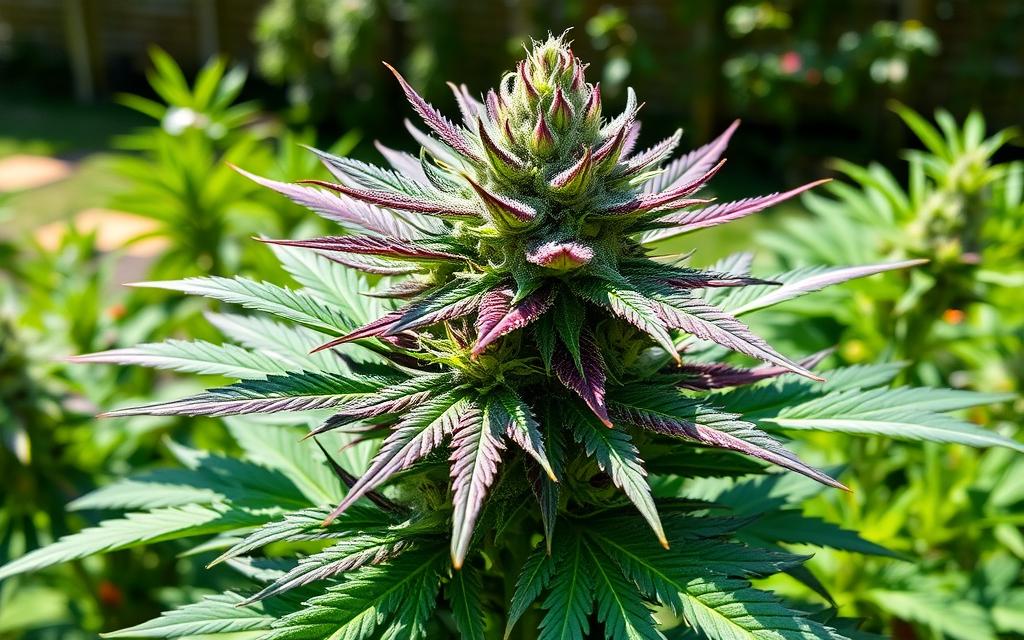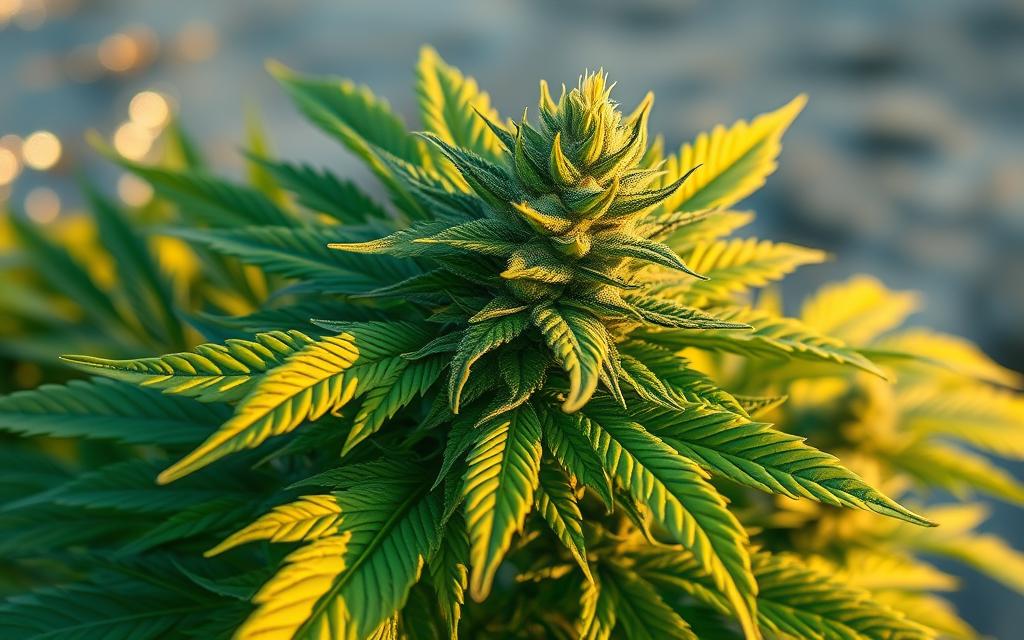Defoliating cannabis is key to improving plant health and yields. It involves trimming leaves to boost light and air flow.…
Seeing your cannabis leaves turn yellow can be quite upsetting. This change in colour is often a warning. It suggests…
The cannabis world is constantly changing, and delta-8 THC is getting lots of interest. It’s legal in many places and…
Cannabis has become a hot topic in recent years. Many people want to know about its health benefits and risks.…
Mixing cannabis and orange juice is becoming increasingly popular. People are keen on reaping cannabis’s health benefits in new ways.…
For those keen on growing cannabis, knowing when to plant is key for great outcomes. Timing is crucial for the…
People have long debated whether cannabis can cause hallucinations. It’s often labeled as a hallucinogen due to its THC content.…
Making cannabis brownies is fun and rewarding. It’s a great way to enjoy edibles. By using brownie mix, like Betty…
Cannabis Seeds
Starting your cannabis cultivation journey is both thrilling and fulfilling. Knowing how to start your cannabis seed is key to growing healthy plants. Germination is…
Gathering cannabis seeds needs careful attention and knowledge about its stages. We offer a detailed guide to help you get a good harvest. Knowing when…
Learning to germinate cannabis autoflower seeds is key for any future cultivator. The first step of seed germination greatly influences your plants’ growth and final…
It’s key to know how long cannabis seeds take to mature for a good grow. They usually need 6 to 12 weeks from pollination to…
The path to cannabis seed maturity is complex, filled with growth stages. It leads to harvest time. Knowing the maturation time of cannabis seeds is…
To grow healthy cannabis plants, knowing the right depth to plant the seeds is key. Aim for a depth of 0.5 to 1.5 inches (1.3…
CANNABIS LEGALIZATION
The world of cannabis legalisation is complex. It shows different levels of legal status in many places. Nations like Canada…
In recent years, the world of cannabis laws in the US has changed a lot. Now, 38 states allow it…
The debate over cannabis legalization is heating up in the United States. It’s stirring up strong feelings on all sides.…
The debate about cannabis laws in the UK is ongoing and lively. It’s considered a Class B drug due to…
In Georgia, the rules around cannabis are quite strict. Right now, using cannabis for fun is against the law. It’s…
In Michigan, the world of cannabis use changed a lot after adult-use cannabis was legalized in November 2018. It’s key…
GUIDES
Starting your cannabis cultivation journey is both thrilling and fulfilling. Knowing how to start your cannabis seed is key to growing healthy plants. Germination is…
Welcome to the exciting world of growing cannabis. This guide is designed to show you the basics of raising cannabis seedlings. This early stage is…
Many seek the joy that comes with using substances, especially cannabis. It can spark creativity and lift spirits. Yet, it’s important to realize the risk…
The rise in popularity of cannabis concentrates is impossible to ignore. Understanding the cost of THC concentrates is key for both newcomers and veterans. THC…
For those who grow cannabis and want bigger yields, learning about topping is key. Topping means cutting the top off the main stem. This boosts…
Growing cannabis outside can yield a great harvest. But, this depends a lot on picking the right time to plant. The best time to plant…
Cannabis Growing
Figuring out why cannabis leaves turn brown is key. It’s all about checking for nutrient gaps, bad environments, pests, and…
Growing a cannabis plant indoors can be very rewarding, even for beginners. The right techniques and equipment help control the…
Flushing cannabis is key at harvest time. It helps remove unwanted nutrients, improving bud quality. A study by Rx Green…
The cannabis flowering stage is key in growing cannabis. Knowing its stages is vital for good growth and yield. This…
Understanding how to harvest outdoor cannabis is key to getting the best results. It’s a journey from planting the seeds…
When you spot yellow leaves on cannabis plants, it usually signals something’s not right. Figuring out why the leaves are…
Cannabis Strains
The Don P the 12th strain, also known as Don Mega, is capturing attention. With its THC levels reaching 25% to 30%, it interests both…
With more places making cannabis legal, breeding cannabis is becoming popular. This guide will take you through cannabis strain crossing. It covers the genetic basics…
The A-1 cannabis strain shines brightly among hundreds of types today. Each has its own unique cannabis characteristics and uses. There are over 700 varieties,…
The Don Cannabis Strain, also known as Don Mega, is a standout in the cannabis world. It has a THC content between 25% and 30%.…


